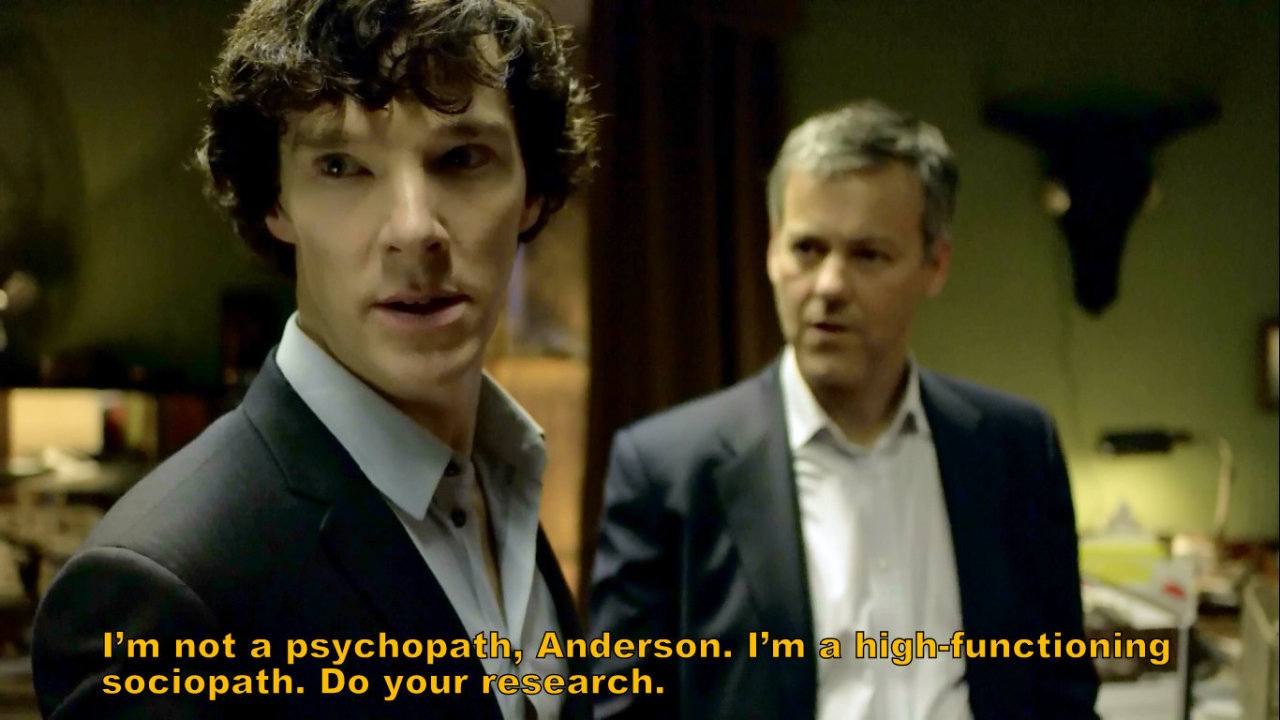I apologize for the long post. Throw tomatoes, but please use ripe ones.
There isn't going to be a consistent Vulcan morality, because there won't be consistent acting or writing for them, which is good, because consistency would tend to imply they were hive minded, which clearly they are not.
elements of their philosophy:
stoicism: emotional responses are judgements and therefore subjective and flawed. judgements must be reviewed before acting upon and then handling in a manner determined to be virtuous. Vulcans take this to the extreme by suppressing emotions wherever possible. This may seem unhealthy for humans, but Vulcans are not humans. Emotional suppression discipline became part of the broader reforms of Surak in the wake of a nuclear holocaust. There is no reason to believe he invented it, any more than he could have invented logic, but perhaps he popularized it. Vulcans are shown to enjoy a life of luxury, art, exploration, and trade. In this they seem more to fit the stoic model of Seneca rather than Cato the Younger.
relativism: The needs of the many outweigh the needs of the few. Or the One. This implies Vulcans will weigh the benefits of decisions in terms of their affects on the greater good. Here the Stoicism of Zeno meets the relativism of John Stuart Mill. Or does it? Was this a Vulcan teaching, really, or was it part of Spock's personal rule of life?
Kantianism: Vulcans are shown at times to have extreme inflexibility in their opinions (except when they are not), implying at least some Vulcans employ Reason as a final arbiter of good, living by maxims without exception. The old thought experiment of Kant lying to the murderer a the door, juxtaposed with constant examples of Vulcan deception, again implies while this is an ideal many Vulcans aspire to, it is not the pragmatism they ultimately apply in daily life.
historical trends 1: a mark has to be made in the timeline dividing the apparent vindication of the Syrranites against the prevailing mainstream legalism that had predated it for some years. This legalism sought to maintain an uncomfortable balance between Vulcan traditionalism at the sacrifice of many spiritual practices, while functioning on behalf of state reforms. These were seen as necessary in the wake of outside aggression and the astonishing rapid development of neighboring species. That it may have been influenced by Romulan infiltration does not make it less valid, as it could be argued that Vulcan Society was headed in this direction anyway, by the natural course of events. The fact that even sacred monasteries could be co-opted into intelligence gathering by the State by this point shows the decline in the Vulcan spirituality, in its purist forms now reduced to itinerant cults such as the aforementioned Syrranites and the V'tosh ka'tur. Indeed, a century after the event of the discovery of Surak's original teachings, the traditionalist-legalist factions had not entirely disappeared, as evidenced by the suicide bombing of Sarek's shuttle.
historical trends 2: by the 31st century, Vulcan and Romulan cultures were re-merging after millennia. It's not known entirely what affect that may have, but it will change the combined philosophy, albeit with holdouts from both groups (species?). The isolation of Post-Burn galactic society may reduce cultural contamination from neighbors such as Earth causing a new homogeny to influence trends.


